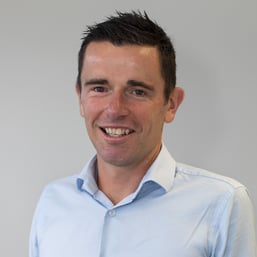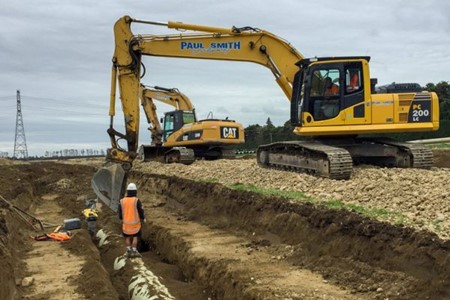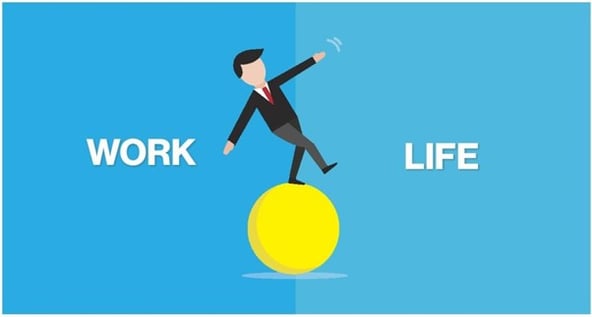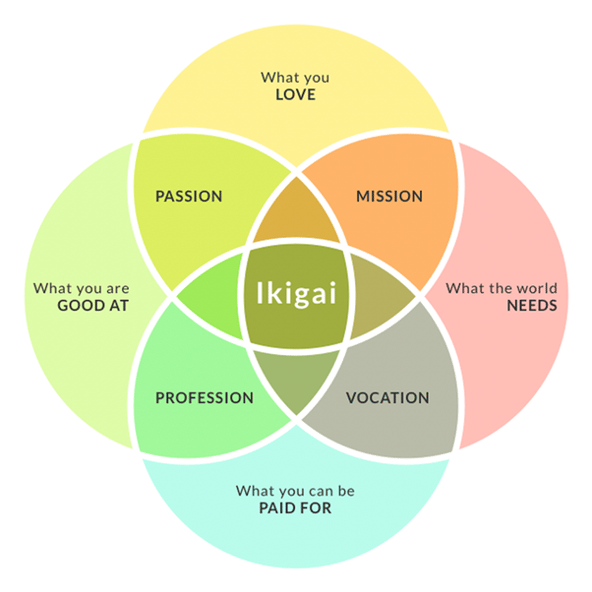 I grew up as a child of the 80’s.
I grew up as a child of the 80’s.The 90’s bought a period of relative stability and as the decade went on farmers saw opportunities to intensify, utilise abundant water resource, change land use and embark on a period of unprecedented wealth creation.

When I came into the Rural Banking sector in 2002, Fonterra had just formed, milk price was strong and areas like Southland and Canterbury were on a high. For the next 15 years (save for little bumps in the road like the GFC!), most conversations with clients revolved around growth. Adding land, intensifying existing operations, conversion, development – supported by appreciating land values and a willing Banking sector getting bigger or growing revenue were the primary discussions around client kitchen tables.
Our conversations as Bankers through that period reflected the dynamics at play – taking opportunities for growth, working through budgets and balance sheet numbers to illustrate debt capacity and the ability to use leverage to grow.
What we are seeing in our business now are more and more conversations focused around intangibles – things like work/life balance, personal development, finding outlets for creative or entrepreneurial thinking that don’t mean getting bigger, an increased focus on environmental stewardship and community involvement.
That doesn’t mean that our clients don’t have a strong desire to see their base businesses be successful, but it does mean that they increasingly see the business as a means to supporting other ambitions as opposed to being the sole focus of their time and energy.
And these can be challenging conversations. Building a strategy that not only focuses on the base business, but also on things like personal objectives, family and general wellbeing takes time and a framework that can balance all those competing demands.
As a young professional in the last 2000’s I was ill-equipped to have these sort of discussions. As someone who is going through the challenges of growing a family, continuing to build a career and find balance myself, I find I am increasingly gravitating to these topics with clients. That doesn’t mean I have the answers (although I wish I did!), and I’m certainly not going to preach on these things. But its an area I am fascinated by and one that is an increasing focus for us and our clients.
Finding the elusive “balance”.

Farmers operate in an industry where dealing with “imbalance” is a way of life. Markets that are too high or too low, a drought or a flood, Banks wanting to lend and Banks wanting to retrench – finding the sweet-spot can seem impossible. And that’s why, as we’ve touched on before, having a neutral mindset can be really powerful.
But finding balance personally is something you CAN control. The following are a few suggestions on how to build a framework that will support balance and the attainment of personal goals.
Start with yourself - understand your needs and personal drivers.
What makes you tick? Where do you get the most enjoyment and satisfaction? What are the values you hold most important?
There are a lots of tools out there to help you answer these questions. But there are a couple I like to fall back on:
- Have-Do-Be – pretty self-explanatory. If you picture what success looks like:
- What do you have – these could be material or intangible. A bach, a boat, a unified family unit, personal growth.
- Do – what are you doing? Where are you putting your energies? Are you utilising your strengths and your own personal resources to best effect?
- Be – who are you, both personally and professionally. If you are judging personal success, are you happy with the person you are “being”?.
- Ikigai – Ikigai is a Japanese concept that means “reason for being”. It has four elements – What you love (your passion); What the world needs (a mission); What you can be paid for (a vocation); and What you are good at (a profession). Where these elements intersect is your Ikigai, or your purpose.
I’ve personally found this a hugely valuable process, and would recommend working through it with your significant other.

Now make sure that the strategy you create for yourself, your family and your business aligns with your drivers and values.
We have covered the strategic process in several articles previously. A good strategy starts with a clear understanding of your vision and a clear understanding of your business.
But any successful and sustainable strategy also needs to reflect your personal aims and objectives and the values that you hold to be most important. Any strategy that doesn’t consider these elements is doomed to fail or be completely unsustainable.
For instance, one of your personal aims may be to spend more time off-farm, say with family, taking a two week holiday once a year. Or focusing on personal development.
Considering these factors, a strategy that involves buying the neighbors may not be a great fit. In contrast, a strategy that focuses on building an off-farm asset base built around passive income streams may be a much better fit.
You're going to need to create some accountability, or its never going to happen.
Any strategy that isn’t supported by clear and measurable objectives is unlikely to succeed. Having the ability to track progress against objectives will give you the confidence that you are heading in the right direction or identify the areas where things aren’t going as well.
And these measurable elements can be tangible or intangible. Increasingly we are building KPI’s with our clients that clearly measure intangibles – things like time spent on personal development, family time, exercise – whatever it is that we have identified as being important contributors to balance and overall success.
Measurables also drive accountability. Having the right people around you and your business, who clearly understand what it is you are trying to achieve and the values that underpin your objectives, is a powerful contributor to success. The right people will keep you on track, be your best supporters and your hardest critics.
And ultimately accountability comes back to self - What am I willing to sacrifice in order to achieve these things?
But remember, it's a journey, not a destination!
As I said, I don’t profess to have all the answers here. I’ve found doing these things well is about being prepared to ask the right questions, having some tools to help you and getting the right people around you.
Finding balance, achieving personal objectives, maintaining family harmony, building a vision of success – these are things that don’t happen by accident. They take time, structure, thought, good people and commitment.
To quote a commonly used phrase “it’s a journey”. But it’s a journey that we see as being critical to long-term sustainable success, and its one that we are putting more and more focus on with our clients.
Give us a call on 0800 NZAB 12 or email info@nzab.co.nz. We’d love to hear from you.

